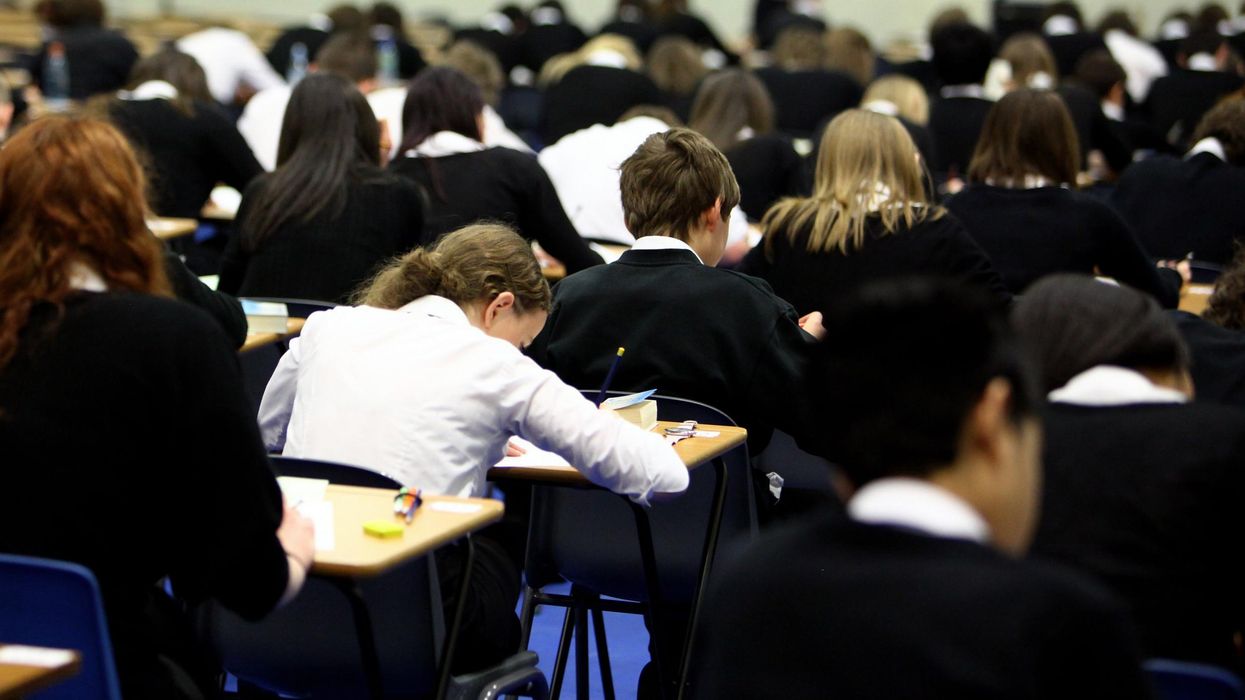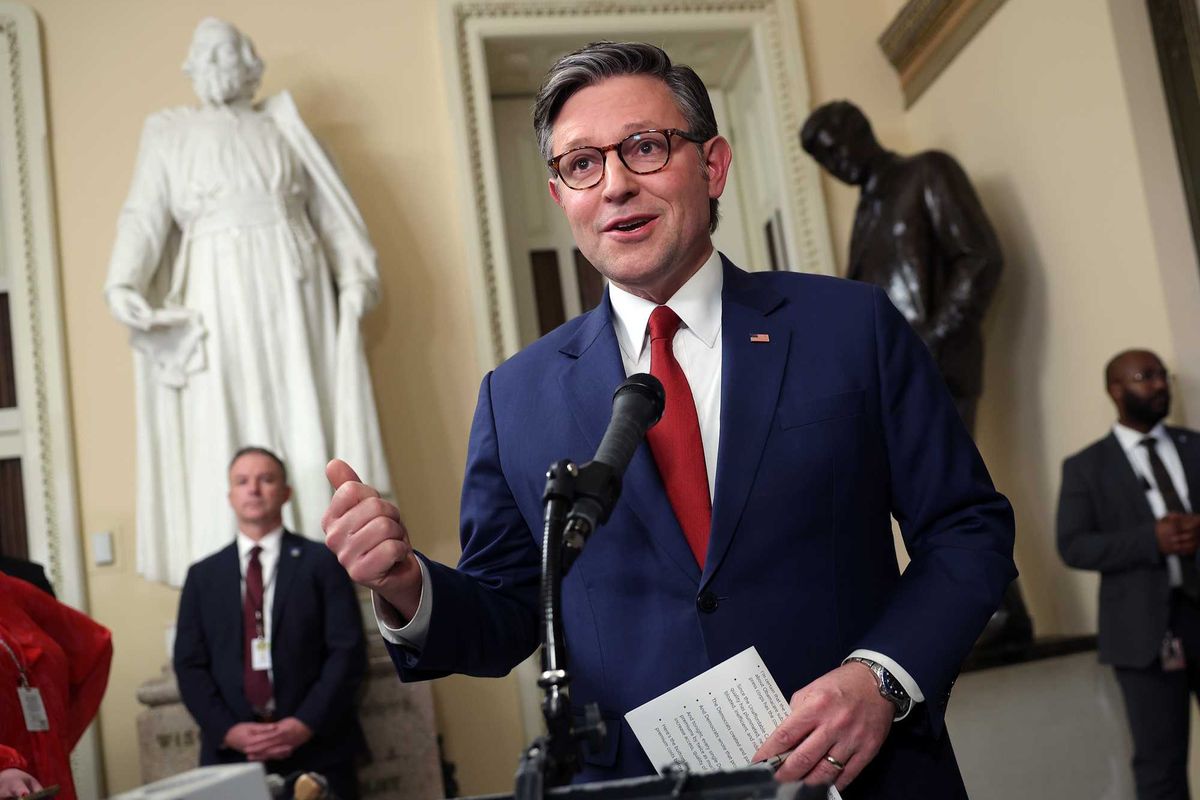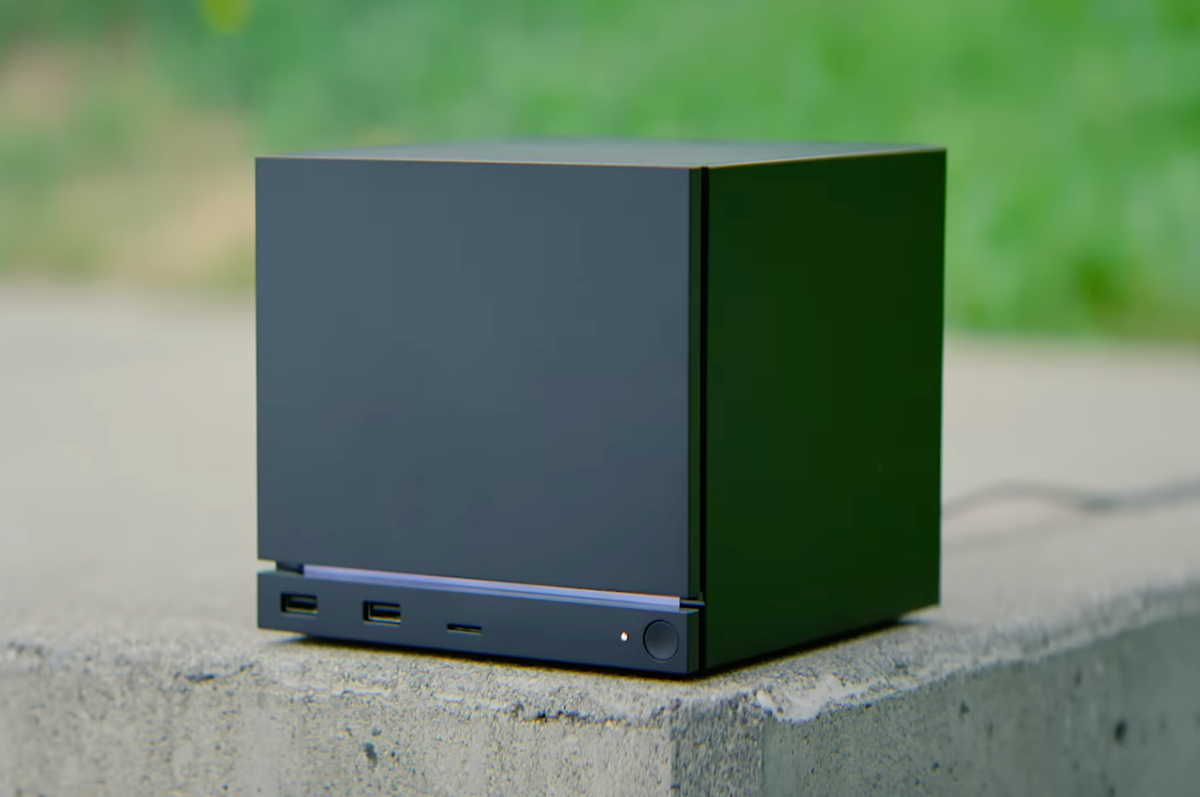
It is a widely-held belief that competition in schools is needed to drive up standards.
Injecting a healthy rivalry in the classroom allegedly encourages pupils to achieve their very best.
But the latest OECD study of school pupils across the developed world shows quite the opposite to be the case.
Its 2015 Programme for International Student Assessment (PISA) tested more than half a million high-school students across 72 countries on their maths, science and reading skills. It also asked participants broader questions about their psychological health and social well-being.
The study found that pupils who were mainly motivated by their rank among their peers reported higher levels of anxiety than their more relaxed classmates.
The Economist produced a chart which shows a pretty close correlation with high competitiveness and high anxiety.
And in turn, high anxiety corresponded with poorer academic performance.
The OECD described this phenomenon as “disabling perfectionism”.
While there were some exceptions, most notably Singapore, most countries that scored high on anxiety had below-average test results on the PISA science assessment.
Conversely, countries that reported low levels of anxiety, such as Netherlands and the Czech Republic, performed strongly across the board.
By contrast, the study found that children who wanted to succeed out of an enjoyment of learning itself, rather than being driven by competition, were less likely to be anxious and more likely to perform well.
First performed in 2000, the PISA test is the world’s most authoritative study into international education comparisons. The latest study, conducted in 2015, was the first to include questions about pupils’ emotional and social well-being.













